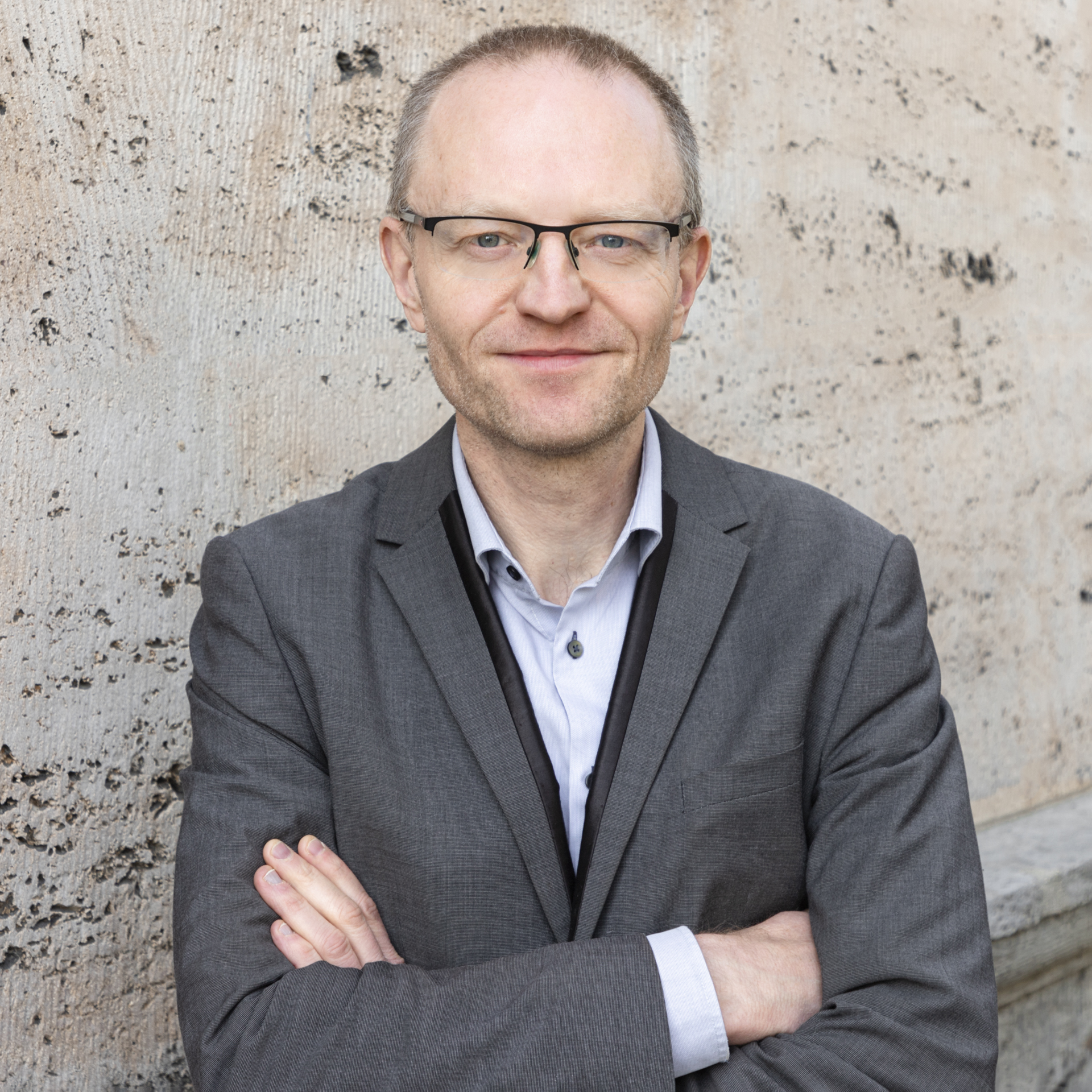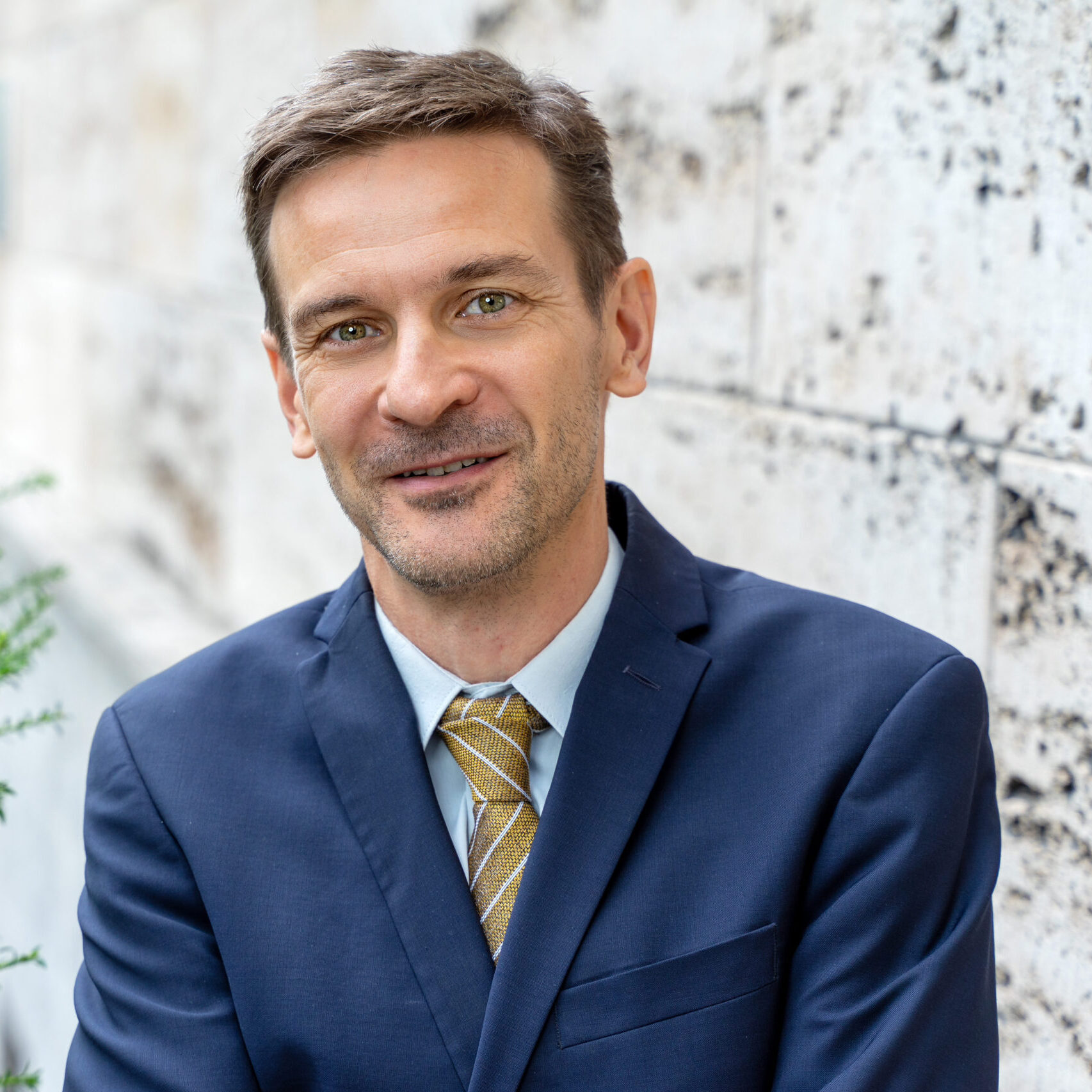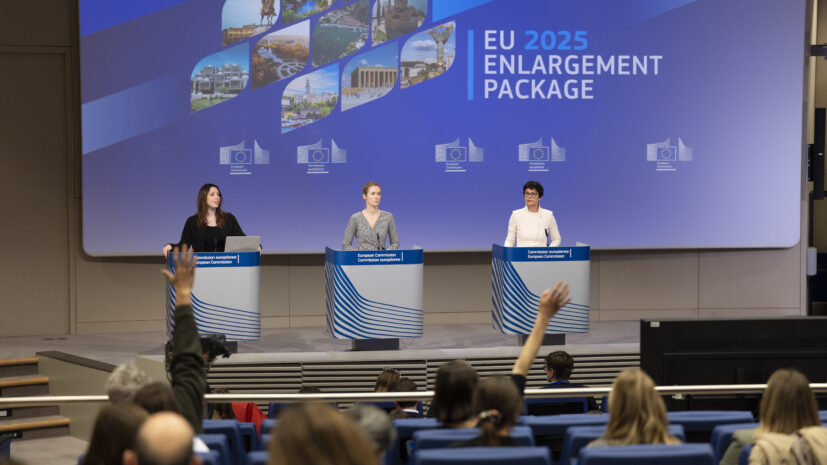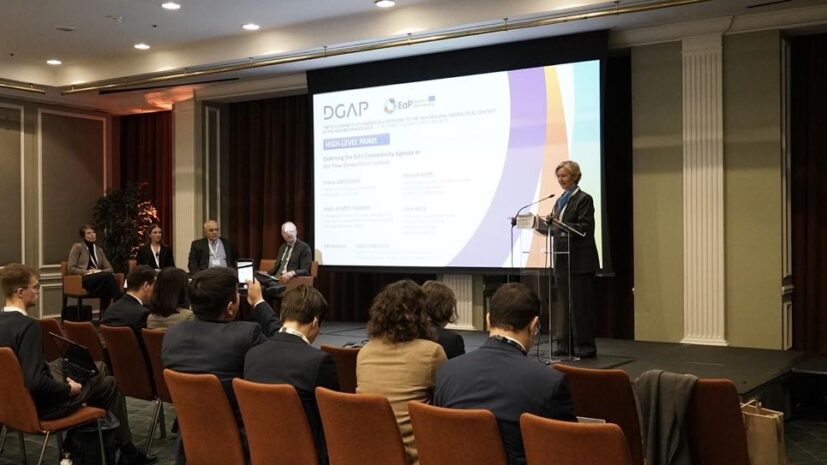About the EaP Think Tank Network
The Eastern Partnership Think Tank Network (EaP TTN) addresses the urgent need for strategic analysis and policy guidance in response to the shifting geopolitical landscape caused by Russia’s invasion of Ukraine. This conflict has fundamentally altered the regional balance of power, intensifying concerns around security, connectivity, and energy independence.
In light of the heightened influence of external actors such as Turkey, Iran, and China, EaP TTN works to deepen understanding of EU enlargement and neighborhood policies and their effects on the EU’s Eastern Neighbourhood. By delivering strategic, timely insights, the network supports EU institutions, Member States, and Eastern Partnership policymakers in adapting to an evolving regional context.
With Ukraine, Moldova, and Georgia’s recent applications for EU membership, the EU’s neighborhood policy now intertwines with its enlargement policy, marking a shift toward a more active geopolitical role for the Union. The EaP TTN is designed to respond to this shift, acting as a strategic platform to offer policy recommendations, expert analysis, and enhanced capacity-building for think tanks across the EU and EaP region. With contributions from more than 90 organizations, EaP TTN serves as a hub that not only unites think tanks and policymakers but also strengthens the quality and impact of policy research relevant to both the EU and the countries in its eastern neighborhood.
The project aligns with the EU’s commitment to enhancing the resilience of EaP countries and adapting to the specific needs of each partner. The initiative emphasizes increased connectivity and energy security within the EaP, including potential collaborations with Central Asia and the Western Balkans where relevant. To that end, EaP TTN draws on established EU strategic documents, such as the Joint Communication Eastern Partnership Policy Beyond 2020, the Joint Staff Working Document, and Enlargement Reports to guide its objectives, ensuring that its outcomes directly support the EU’s vision for a resilient and strategically connected neighborhood.
The EaP TTN is uniquely positioned to address the needs of its primary audience: policy makers, policy experts, and think tanks across the EU, EaP, Central Asia, and the Western Balkans. By fostering two-way communication between think tanks and EU policymakers, the network helps ensure that policy-relevant research directly informs decision-making and that policymakers’ insights shape research priorities. This project also addresses challenges faced by think tanks in the EaP and EU, particularly those that are less established and in need of capacity-building support to produce impactful policy outputs.
In doing so, the EaP TTN promotes informed, strategic discussions that will guide the EU’s approach to the eastern neighborhood and enlargement, ultimately contributing to a more secure and geopolitically engaged Europe.
About DGAP
The German Council on Foreign Relations (DGAP) is committed to fostering impactful foreign and security policy on a German and European level that promotes democracy, peace, and the rule of law. Since its founding in 1955, the nonpartisan organization’s members and research have continued to shape the debate on foreign policy issues in Germany. DGAP’s experts provide decision-makers in politics, business, and civil society with strategic advice based on their foreign policy research and train young professionals in international leadership programs. Through its work, DGAP aims to: facilitate well-grounded foreign policy decisions promote informed debate on foreign policy issues in Germany further develop German expertise in foreign policy.”
Join us
Think tanks from the EU, the Eastern neighborhood, and other European countries are invited to join on a rolling basis. Please note that participation in the network’s activities is not open to academics who do not have a think tank affiliation or to organizations that are fully funded by their governments. If you would like to join the network, get in touch with @Anastasia Pociumban at DGAP.”
The Team

Anastasia Pociumban

Mariia Lesiv

Stefan Meister

Milan Nič
Please Note
For the purpose of this network, think tanks are defined as public policy research, analysis, and engagement organisation’s that generate policy-oriented research, analysis, and advice on domestic and international issues. Think tanks enable policy-makers and the public to make informed decisions about public policy issues and often bridge academic and policy-making communities, serving the public interest as an independent voice that translates applied and basic research into a language and form that is understandable, reliable, and accessible for policy-makers and the public. The outputs of these organisations include books, reports, policy briefs, blogs, conferences, seminars, and commentary, as well as formal briefings and informal discussions with policy-makers and other key stakeholders.



